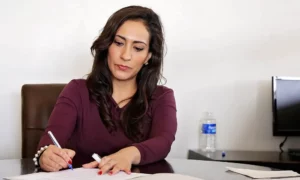
Asset Protection Trusts: Protect from Divorce
Will an asset protection trust protect your assets from creditors, lawsuits, or other financial risks? If you’re considering an asset protection trust or want to learn more about how it can fit into your estate plan, this article will guide you to the next step.









